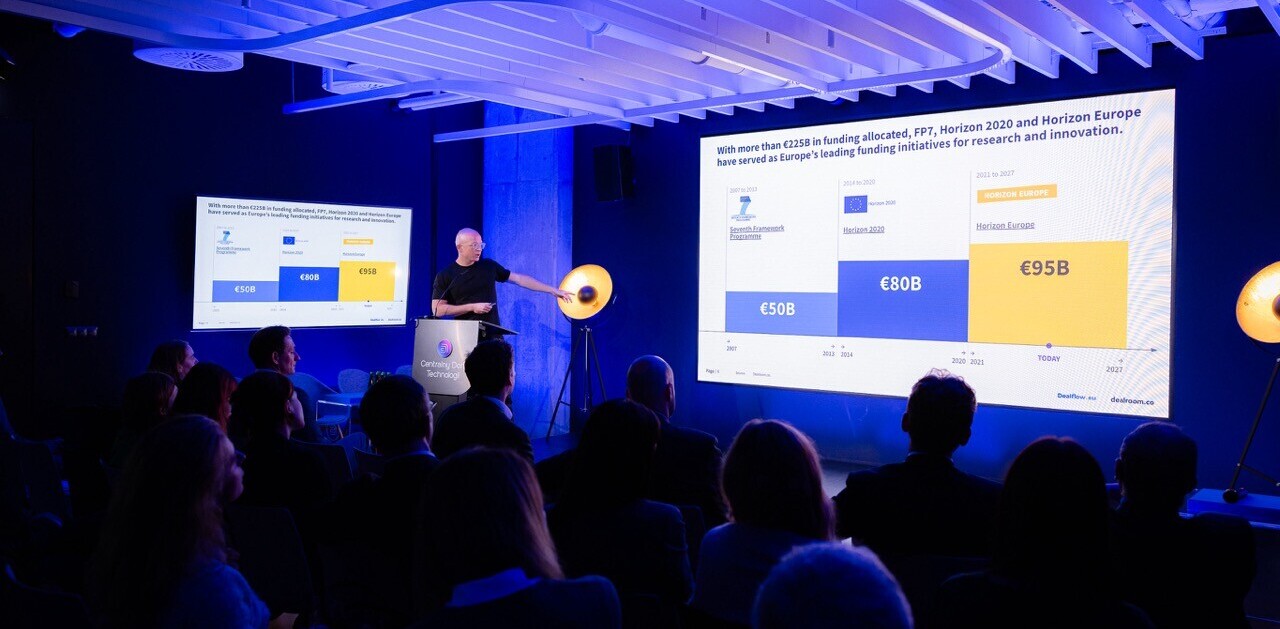
Yesterday Gordon Brown announced plans to shift public services and administration tasks online with the promise of saving circa £3 billion in tax payers money a year.

As part of a wider program named “putting the frontline first: a smarter government”, the Prime Minister told the Smarter Government conference that it would see the ‘third generation of public services’ arrive with substantial savings to boot.
An example Brown gave at the conference was local authorities switching from a telephone to internet transaction and subsequently saving £3.30. With snail mail to online recouping £12.00 too.
With approximately 10 million UK citizens having never touched a computer, investing in a program to support this initiative is paramount to ensure the savings don’t affect standards and access to public services.
Today the UK Government also released ambitions to get another one million more people online by 2012, relieving the strain on my public services, in particularly the NHS.
The PM described the kind of savings that can be made for the NHS by using technology. “Using text messages to remind people of GP appointments can help save on the £600m annual cost to the NHS of missed appointments – that is the equivalent of 24 new secondary schools, or over 13,000 nurses.”
The £30 million injection is aimed at helping the UK Online Centres set up 9 years ago to educate users without access/knowledge of how to get online and use computers.
4 million of the 10m who have never used a computer have been shelved as ‘socially excluded’ who are made up of mostly the elderly, or ‘silver surfers’ as the Race Online 2012 website describes them as!
So with more of the population online by 2012, the Government can then actively encourage technological and online innovation as they try to “shift the great majority of our transactional services to become online only.”. It will undoubtedly see a host of contracts available for running, designing and advertising these services and hopefully see, along with more transparent data, a more streamlined and innovative Government.
The savings these programs will create will also be a nice little contribution to the estimated total UK debt of around £800bn ( As of July 2009: Source), though why now?
This is what frustrates me, although this is a great step in the right direction, surely these kind of online services should have been implemented years ago regardless of the eventual cost savings or the worst post war economic climate.
[Via BBC and E-Health-Insider, image courtesy of Neil Beynon]
Get the TNW newsletter
Get the most important tech news in your inbox each week.





